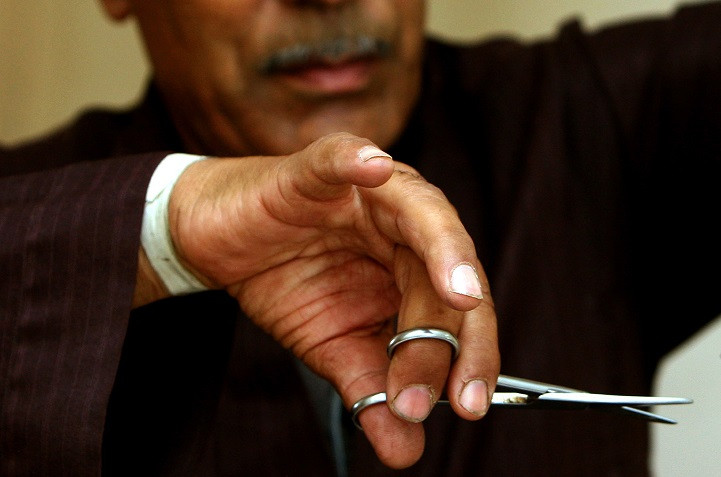First Ever Suspected UK FGM Doctor Sureshkumar Pandya 'Had not Practised Gynaecology Since 1994'

Suspected FGM doctor Sureshkumar Pandya had not practised gynaecology since 1994, a tribunal has heard.
Pandya, who was appearing at the opening day of his Fitness to Practise hearing in Manchester, performed a labia reduction on a woman on 8 March, 2012.
During the procedure he removed nearly all of the vaginal lips and damaged the clitoris, it is alleged.
The General Medical Council panel heard it was the first time Pandya had performed any type of gynaecology in 18 years and that he was acting outside the "limits of his competence", and was "equivalent to FGM".
A Medical Practitioners Tribunal Service notice said: "The panel will inquire into the allegation that Dr Pandya undertook a surgical procedure on a female patient's genital area, the result of which was equivalent to female genital mutilation.
"It is also alleged that Dr Pandya's record keeping did not meet the required standards. Finally, it is alleged that Dr Pandaya had not practised gynaecology since 1994."
The hearing is scheduled to last until 11 April when Pandya faces being struck off.
Female Genital Mutilation - The Facts
FGM refers to procedures that intentionally alter or cause injury to the female genital organs for non-medical reasons. The practice is illegal in the UK.
It has been estimated that over 20,000 girls under the age of 15 are at risk of FGM in the UK each year, and that 66,000 women in the UK are living with the consequences of FGM. However, the true extent is unknown due to the 'hidden' nature of the crime.
The girls may be taken to their countries of origin so that FGM can be carried out during the summer holidays, allowing them time to 'heal' before they return to school. There are also worries that some girls may have FGM performed in the UK.
Source: NHS
© Copyright IBTimes 2025. All rights reserved.






















